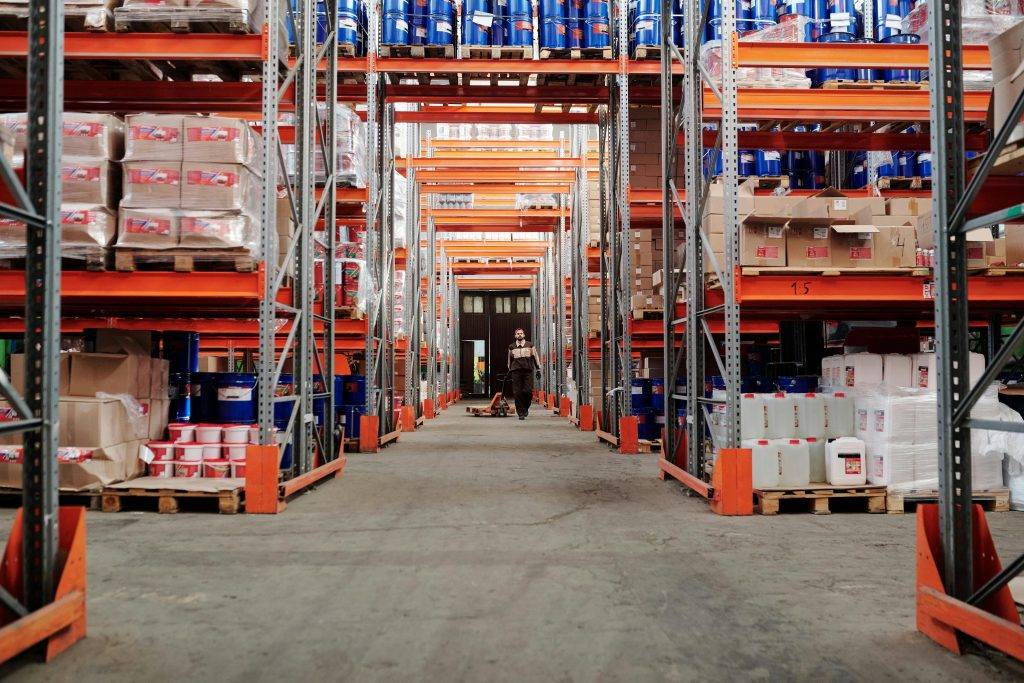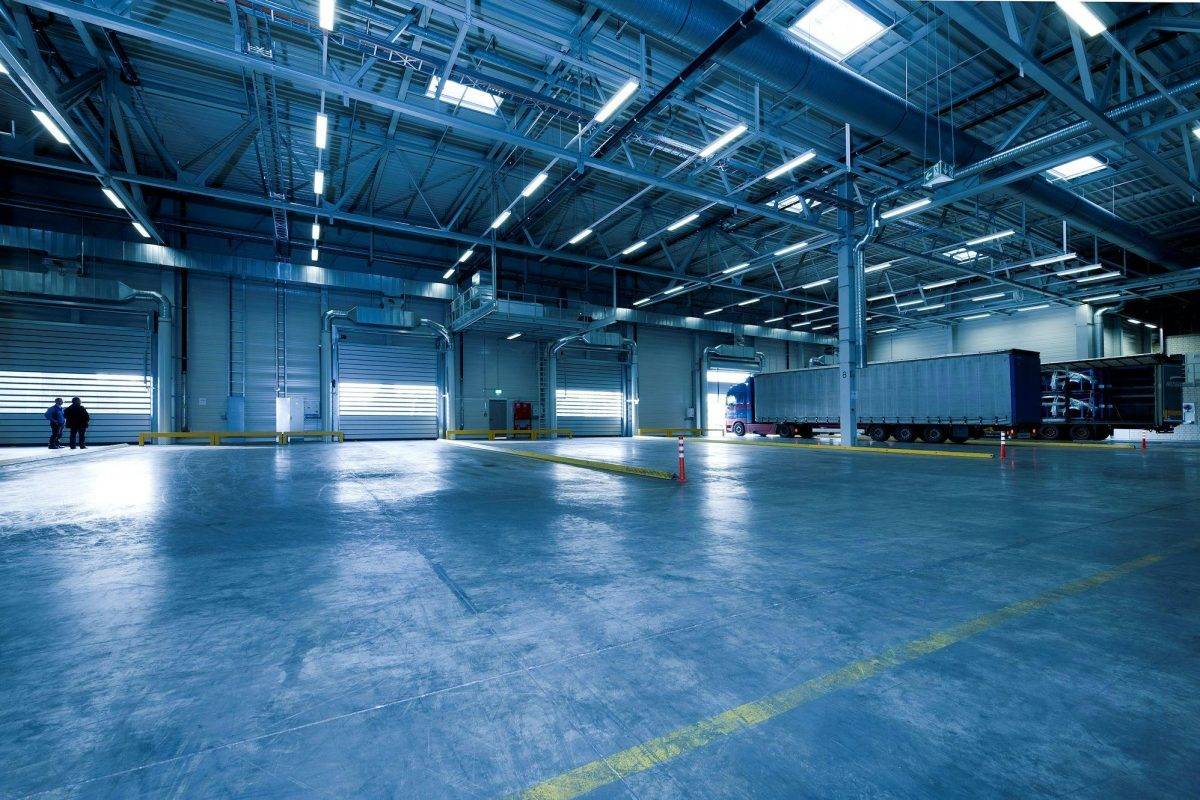Commercial vs. Industrial Property
When clients begin exploring real estate opportunities beyond residential properties, one questions asked relates to: Commercial vs. Industrial Property. What’s the difference between commercial and industrial property?
Understanding Usage and Zoning in Macon-Bibb County
At first glance, these two categories may seem similar — both are nonresidential, both serve business purposes, and both contribute to local economic development. But in reality, commercial and industrial properties differ significantly in how they are used, where they can be located, and what zoning regulations apply to each.
If you’re an investor, developer, or business owner in Macon-Bibb County, understanding these differences can save you time, money, and unnecessary complications.

What Defines a Commercial Property?
Commercial properties are primarily designed for businesses that serve customers directly or conduct professional services. Think of:
Retail stores, restaurants, and shopping centers
Office buildings and medical clinics
Hotels, entertainment venues, and mixed-use developments
Because these properties depend on visibility and accessibility, they’re usually located in business corridors, near major roadways, or within areas with high traffic and easy access to utilities.
Commercial zones in Macon-Bibb County are designed to support economic activity while maintaining compatibility with surrounding neighborhoods. That means they come with requirements for parking, signage, setbacks, landscaping, and access points.
If a business use generates moderate foot traffic, operates standard hours, and doesn’t produce significant noise or emissions, it will likely qualify as a commercial use under local zoning standards.
What Defines an Industrial Property?
Industrial properties are dedicated to production, manufacturing, distribution, or warehousing — the “backbone” of logistics and supply operations. Examples include:
Factories and assembly plants
Storage and distribution centers
Research and development facilities
Trucking depots and equipment yards
Industrial properties are typically located away from residential areas and commercial corridors because of their operational impact. Heavy vehicle traffic, machinery noise, or material storage can require additional regulation.
Industrial zones often demand larger lots, wider setbacks, and additional buffers or screening to reduce their effect on nearby districts. These properties also go through a stricter review process to ensure environmental and safety compliance.
The Key Difference: Usage and Zoning
While both commercial and industrial properties are used for business, their purpose and impact determine how they are zoned.
Commercial zoning allows businesses that are open to the public and provide services or retail sales.
Industrial zoning allows for the creation, processing, and distribution of goods, often with limited or no public access.
The difference often comes down to intensity of use — how much noise, traffic, and infrastructure demand the property creates.

How Zoning Works in Macon-Bibb County
All land in Macon-Bibb County is governed by the Comprehensive Land Development Resolution (CLDR), which defines which types of activities are allowed in each district.
Every business — whether retail or industrial — must obtain a Certificate of Zoning Compliance before a building permit or business license can be issued. This ensures the intended use aligns with the property’s zoning designation.
Common Commercial District Characteristics
Commercial zones are typically grouped along main corridors like Riverside Drive, Pio Nono Avenue, and Eisenhower Parkway. These areas are designed for high visibility and accessibility.
Requirements often include:
Adequate parking and traffic circulation
Safe access for customers and delivery vehicles
Landscaping and screening when adjacent to residential areas
Compliance with sign ordinances and lighting standards
Certain commercial categories, such as adult entertainment or drive-through establishments, may fall under special or conditional commercial zoning and require additional approvals.
Common Industrial District Characteristics
Industrial zoning in Macon-Bibb County tends to be concentrated near logistics hubs — areas with rail or interstate access, such as the I-475 corridor, the Airport South Industrial Park, and the Sofkee Industrial area.
Typical industrial zoning requirements include:
Minimum lot sizes and frontage for truck access
Buffering from residential districts with landscaping or fencing
Conditional use approval for certain heavy manufacturing or processing activities
Compliance with performance standards related to noise, vibration, emissions, and traffic impact
For many industrial projects, site plan review includes coordination with utility providers, the Fire Department, and Environmental Health to confirm adequate infrastructure and safety systems.
Why the Difference Matters to Investors
Understanding the line between commercial and industrial zoning is critical when evaluating a property for purchase or development.
Permitted Use:
If your intended business use doesn’t match the property’s zoning, you’ll need to apply for rezoning or a conditional use permit — a process that can take months and may not always be approved.Development Costs:
Industrial properties often require more robust infrastructure — thicker pavement, reinforced floors, upgraded power capacity, or stormwater management systems. Those costs can dramatically affect your budget.Compliance Risk:
Operating an industrial use in a commercial zone can lead to violations, fines, or mandatory closure. Proper due diligence ensures your investment is protected before you purchase.Long-Term Value:
Commercial properties tend to appreciate based on location and traffic exposure, while industrial properties derive value from logistics and access to transportation networks. Knowing the zoning type helps forecast resale potential and rental demand.
JoJo’s Insight: Navigating Zoning with Confidence
As a full-service Realtor working across Macon and Middle Georgia, I help clients navigate the details of zoning, permitted uses, and development potential.
When I assist investors or business owners, I make sure every property under consideration matches their operational goals and local zoning requirements before they ever submit an offer. I also work closely with trusted local attorneys, engineers, and the Macon-Bibb Planning & Zoning Commission to ensure each transaction moves smoothly from concept to closing.
Whether your goal is to open a storefront, expand a warehouse, or build a new distribution facility, understanding the difference between commercial and industrial zoning can be the key to a profitable investment — and that’s where expert guidance makes all the difference.
Ready to Explore Commercial or Industrial Real Estate in Macon?
If you’re considering buying, selling, or developing property in Macon-Bibb County, reach out today. I’ll help you identify the right zoning, verify permitted uses, and connect you with the professionals who can make your project a success.
Contact Joanna “JoJo” Jones — your trusted local Realtor for both commercial and industrial real estate in Macon, Georgia.



